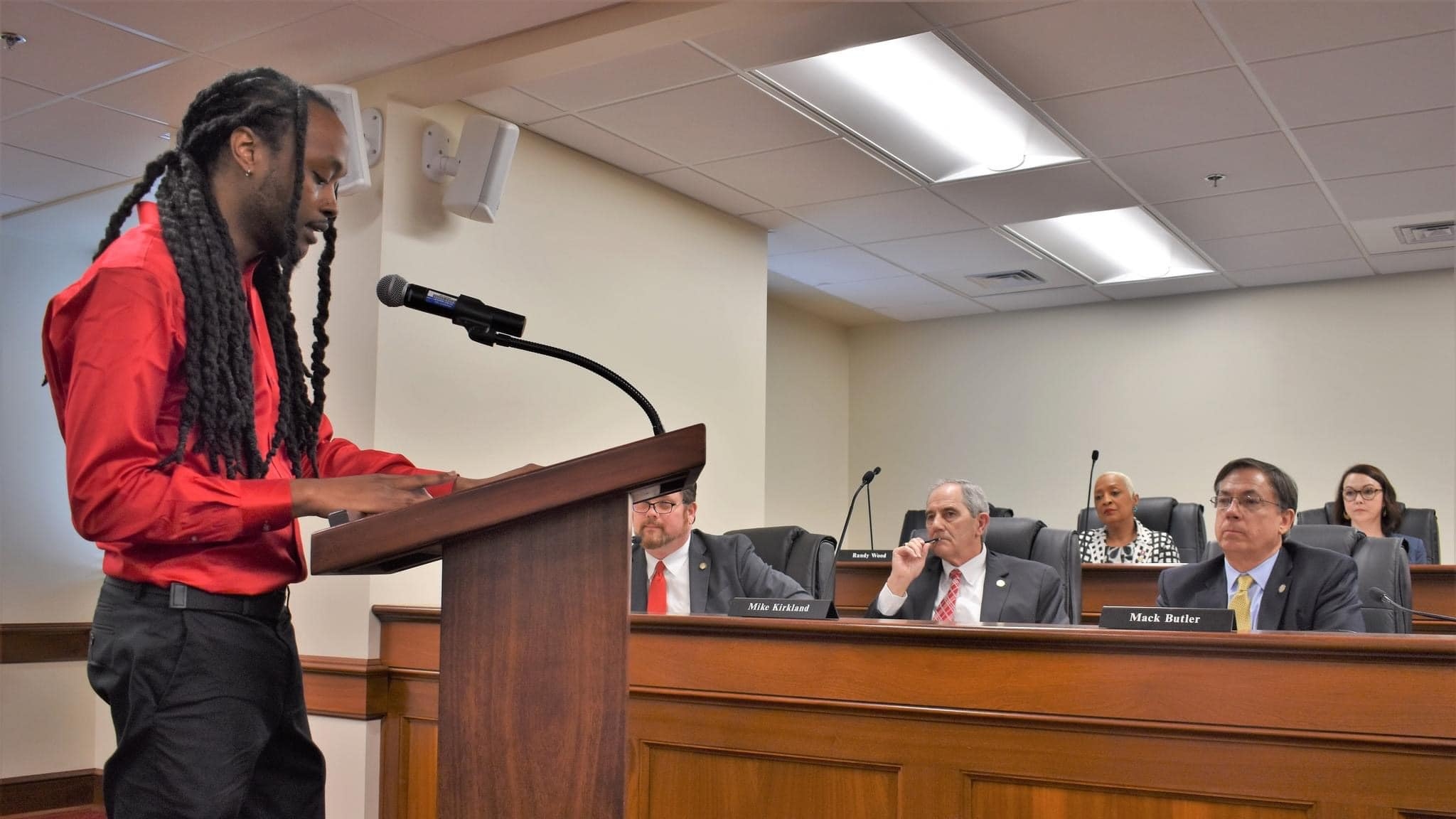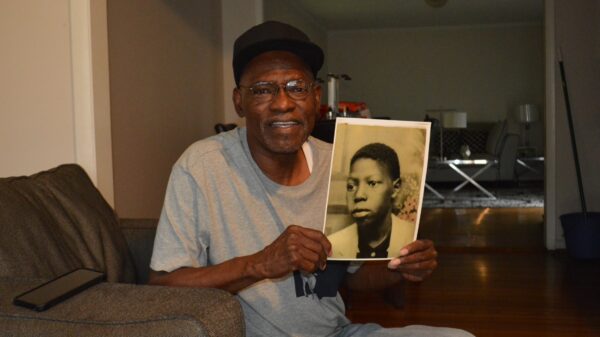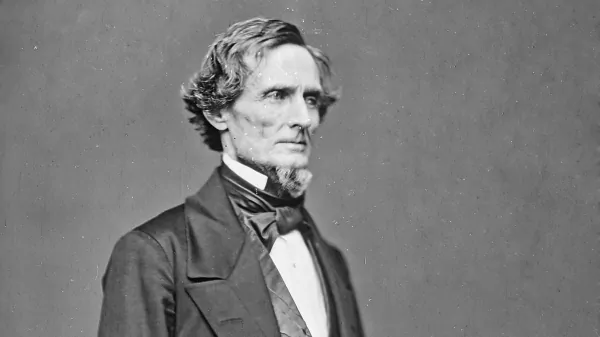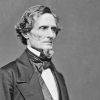Last Wednesday grassroots organizers voiced their condemnation of a bill, HB7, that would ban the teaching of specific “divisive concepts” in Alabama’s public schools.
The bill was filed by Rep. Ed Oliver, R-Dadeville, who is carrying the bill again this year after it failed last session. The previous legislation from the last session passed the House and a Senate committee but eventually died in the Senate.
While the bill mentions “divisive concepts,” the true goal of the bill is to go after what conservatives deem Critical Race Theory. Oliver made headlines in December after remarking that the aim of CRT, a legal theory taught in law schools, was to “sexualize” children.
“Ultimately, the reason that the left wants to push CRT amongst little kids is simply they want to sexualize them,” Oliver said. “They want to racialize them at an early age to make them easy to manage, pure and simple.”
The House State Government Committee held a public hearing to hear arguments in opposition to or in support of the bill. However, prior to the hearing, several organizers convened on the Statehouse steps to voice their disapproval of the proposed law.
Camille Bennett, executive director of Project Say Something, stated that the bill was inherently racist and lacked “zero input from, brown, or marginalized folks.” The bill was co-sponsored by Oliver, a white man, and 22 other white lawmakers.
Bennett also said what was truly divisive is the erasure of Black history to coddle white individuals uncomfortable with unpleasant history.
“Monuments that commemorate a war fought to keep black bodies enslaved is divisive,” Bennett said. “Former slave plantations funded by the state that don’t expose the truth about the black bodies that built them is divisive. And the Confederate flag flown at public courthouses is divisive. The omission and erasure of Black History itself is divisive.”
Lee Murkey, deputy director of Project Say Something, spoke for the opposition during the committee’s public hearing.
Murkey used his time to detail how Christopher Rufo, a conservative political strategist, tweeted the strategy surrounding CRT was to take it out of context and demonize any cultural issue conservatives opposed by saying it is CRT.
“We have successfully frozen their brand—”critical race theory”—into the public conversation and are steadily driving up negative perceptions,” Rufo tweeted in March of 2021. “We will eventually turn it toxic, as we put all of the various cultural insanities under that brand category.”
Several other activists and organizers called out Alabama’s past of codifying white supremacy by law and said this bill only furthered that history.
The bill passed the House State Government Committee 9-3 with all of the white lawmakers voting yes and only Black lawmakers voting no.
The bill will now be considered by the full House.



















































